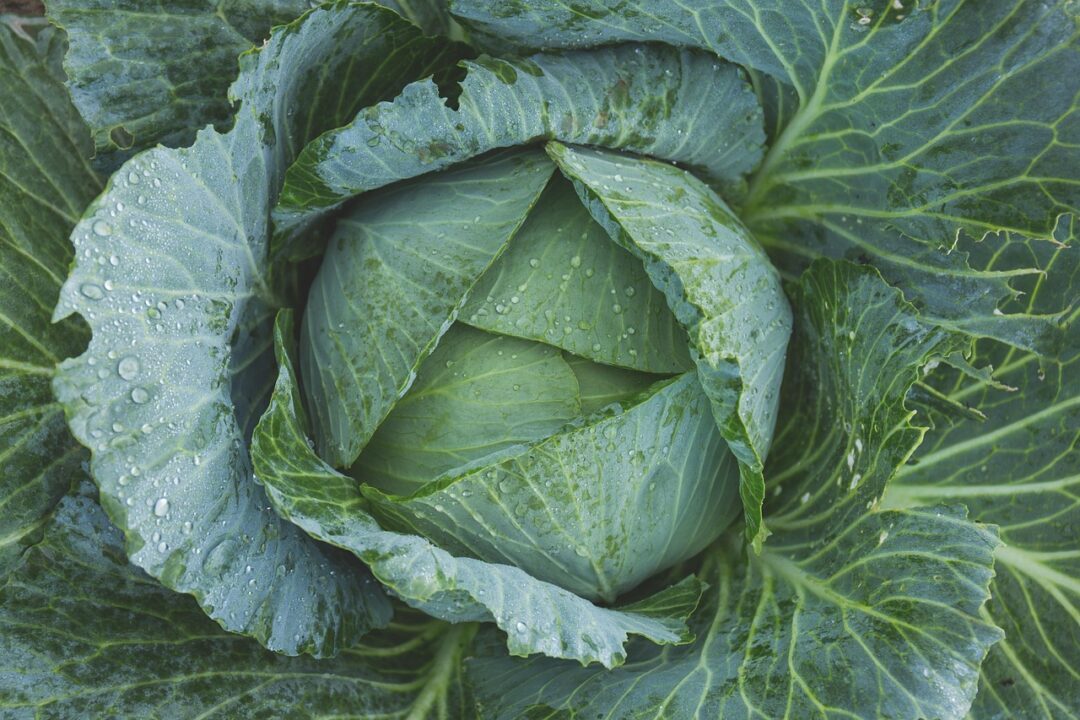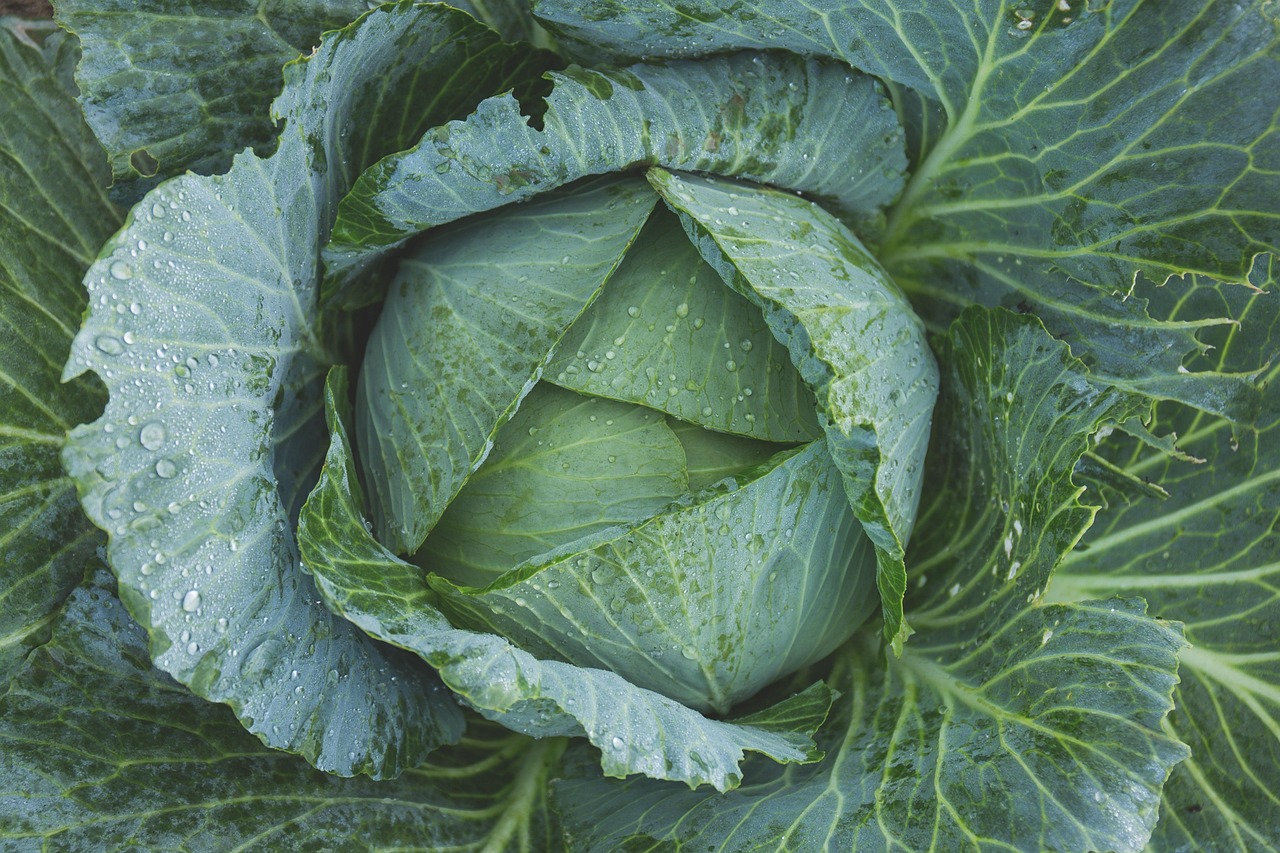Low-waste gardening is more than simply growing your own food; it is a conscious effort to reduce your environmental footprint while making the most of what you already have. When reusing household items, avoiding unnecessary packaging, and making smarter choices about the crops you grow, you create a more sustainable outdoor space from the ground up. Recent guidance from Homes & Gardens highlights how zero-waste gardening principles help households cut consumption while still enjoying productive green spaces. With a little planning, it is entirely possible to produce fresh vegetables while sending far less to landfill.
Start with What You Have
Before purchasing anything new, take a moment to look around your home. Many everyday objects can be reused for your garden, especially during the seedling stage. Yoghurt pots, small tins, wooden crates and even food containers that would otherwise be thrown away make excellent starter pots. Repurposing these items reduces waste and saves money and adds perso,nality to your plot. A mismatched collection of reused containers can be just as effective as store-bought alternatives, while helping you avoid the plastic that often comes with new gardening supplies.
Choose Easy, High-Yield Crops
If you’re new to low-waste gardening, choosing reliable crops will give you an encouraging start. High-yield vegetables reduce supermarket reliance and cut back on packaging and transport emissions. Tomatoes and courgettes perform well in most UK gardens, but classic staples such as potato seeds are great choices for beginners, offering a generous harvest for very little effort. Growing these types of vegetables guarantees that you get plenty of produce for your efforts while embracing a more sustainable approach to your food supply.
Compost and Reuse Natural Waste
One of the most effective ways to run a low-waste garden is to compost what you would normally throw away. Fruit peels, coffee grounds and most plant trimmings break down into nutrient-rich material that feeds your soil for free. Composting also reduces the amount of organic waste sent to landfills, where it would otherwise produce methane. By changing kitchen and garden scraps into compost, you essentially create your own closed nutrient cycle.
Save Water and Grow Smarter
Water is a valuable resource, and small changes in how you use it can make your garden more sustainable. Collecting rainwater, applying mulch to retain moisture and watering plants during cooler periods help reduce unnecessary use. Garden water-saving reinforces how these habits benefit both your plants and the wider environment by lowering overall consumption.
When starting with what you already own, choosing dependable crops and adopting waste-reducing habits, you can build a productive garden that supports healthier soil and a healthier planet. A low-waste approach doesn’t require perfection—just thoughtful, consistent choices that move you towards a greener way of growing.


